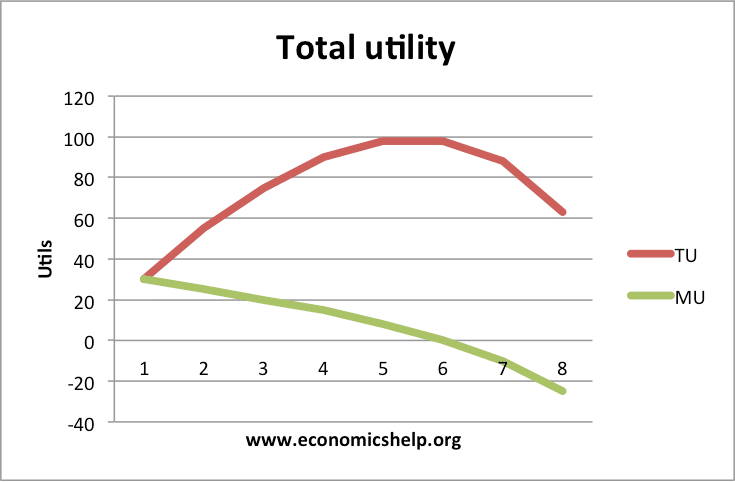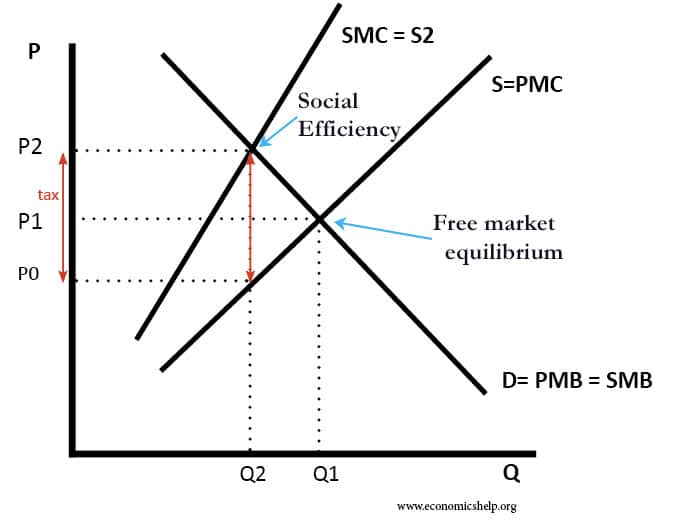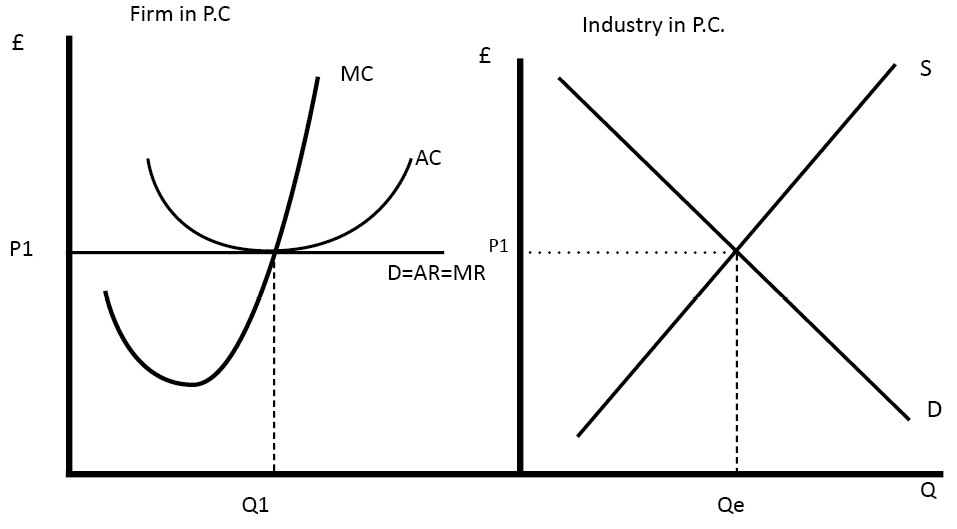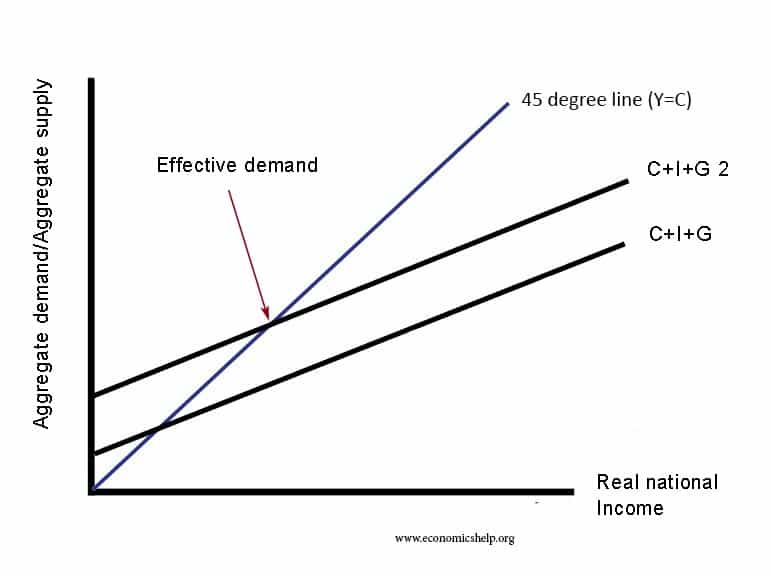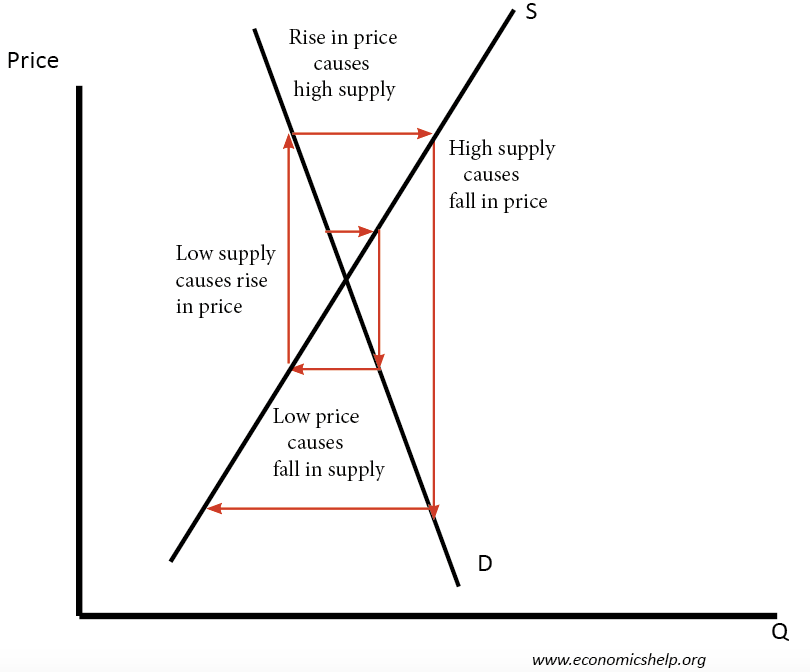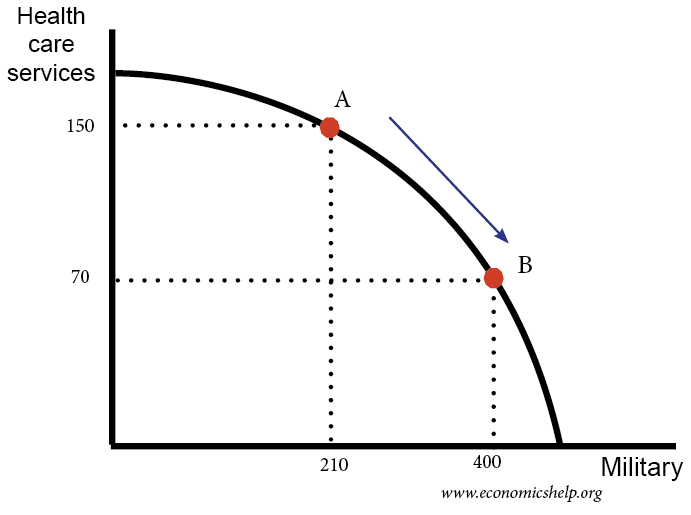Utility maximisation
Utility maximisation refers to the concept that individuals and firms seek to get the highest satisfaction from their economic decisions. For example, when deciding how to spend a fixed some, individuals will purchase the combination of goods/services that give the most satisfaction. Utility maximisation can also refer to other decisions – for example, the optimal …

